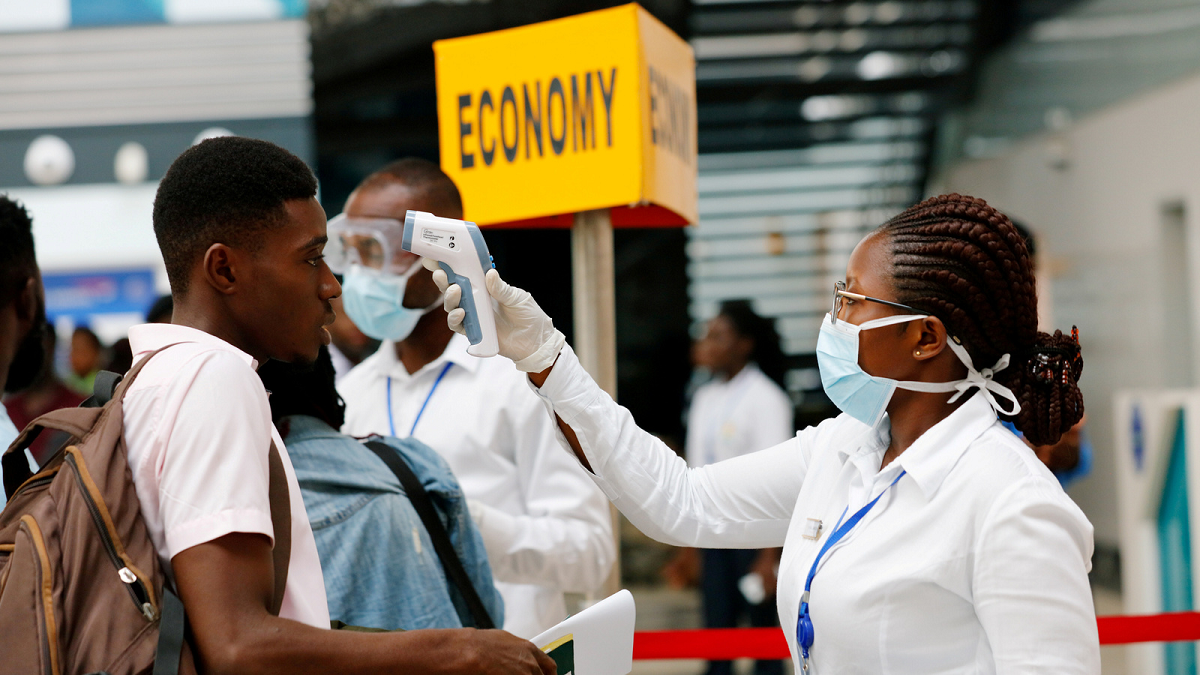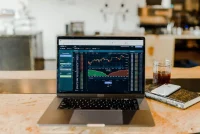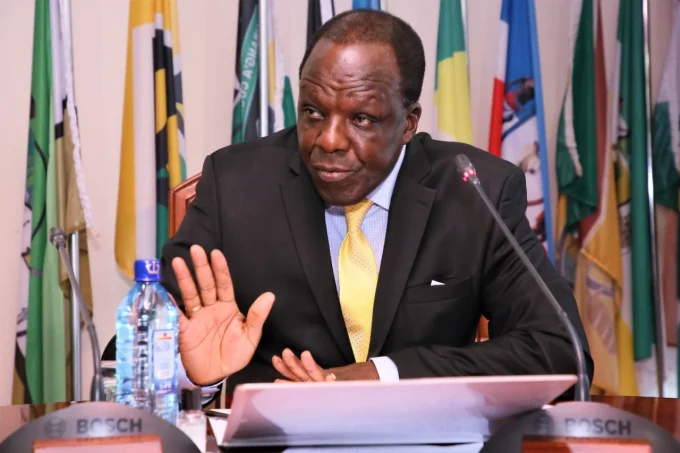It is about two months since news of the discovery of COVID-19 (the Novel Coronavirus) global pandemic emerged. Aside from death, world leaders, and citizens alike, are scared of the deep economic ramifications due to widespread lockdowns.
In Kenya, economic experts, both in the public and private sectors, have produced documents suggesting how the government can help to alleviate the worsening economic situation. In his address to the nation on Wednesday evening, President Uhuru Kenyatta released several measures to help citizens in economically vulnerable categories to weather the COVID-19 storm.
Stimulus package
These include a 100% tax relief for those earning a gross income of Ksh24,000, reduction of Pay As You Earn from 30% to 25%, reduction of Resident Income Tax from 30% to 25%, and reduction of turnover tax rate for small and medium enterprises from 3% to 1%.
The President also released Ksh10 billion to the elderly, orphans and other vulnerable groups, temporarily suspended Credit Reference Bureau operations from April 1, and reduced Value Added Tax from 16% to 14%.
He also proposed salary cuts of between 20% and 80% for of senior members of the Executive. Last week, the Ministry of Industrialisation, Trade and Enterprise set up a Business Emergency Response Centre to help alleviate the effects of the pandemic on the business community.
In the private sector, the Institute of Economic Affairs led by producing the “Economic Management Framework for COVID-19 Response”, a 17-page strategic recommendations matrix for the private sector.
The document offers private sector recommendations and interventions for the country’s main economic drivers, including measures to maintain jobs and livelihoods, during and after the crisis.
The Institute of Certified Public Accountants of Kenya also released several “economic support” and “stimulus options” to mitigate COVID-19. These include tax concessions, support to medium and small enterprises, extending loan repayment and restructuring, reduced domestic borrowing, and prohibition of debt collection.
Clearly, when China sneezes, the world catches a cough. The Chinese economy is deeply integrated with the rest of the world. One negative effect of COVID-19 was interruption of global value chains, which hit several multinationals.
There was the obvious interruption of international trade, and the massive decline of tourism from major source markets, as most airlines have embargoed international flights.
Digital beneficiaries
But economic experts say the pandemic will have temporary and limited economic effects on China, due to her sound economic foundation. While sectors such as trade and service were temporarily affected, there has been little change in demand and consumption volumes.
Indeed, the outbreak has benefited industries such as online shopping, online education, online entertainment, telecommuting, and smart manufacturing. The production rate for urgently needed medical protective goods has expanded to 110 percent of normal levels.
More than 70% of major industrial companies in Jiangsu, Shandong, Fujian, Liaoning, Guangdong, and Jiangxi Provinces have resumed production.
SEE >> Come to Think About it, Coronavisrus is Doing Good to the World
As China reportedly restarts its production lines, President Xi Jinping has said his government is systematically working towards unleashing the country’s “huge potential and powerful driving force”, and is poised to “achieve the goals and tasks for economic and social development this year”.
China is working through policy combinations that include cutting taxes, increasing fiscal expenditure, injecting liquidity into the financial system, cutting interest rates, reducing administrative examination, and easing approval procedures.
According to the Chinese National Development and Reform Commission, and the China Central Bank, the country will provide more proactive fiscal policies and flexible monetary measures to support a strong economic rebound once the epidemic is fully contained.
Bouncing Back
As both the world’s factory and market, China’s efforts to bring its industrial production and commercial activities back on track will not only strengthen international confidence in her economy, but also inject hope and momentum into the global economy.
China’s steady resumption of production will re-activate the global industrial chain, and reassure international manufacturing companies. In this era of economic globalisation, the Chinese economy is deeply integrated with the world economy, and all must address the challenges together.













Leave a comment